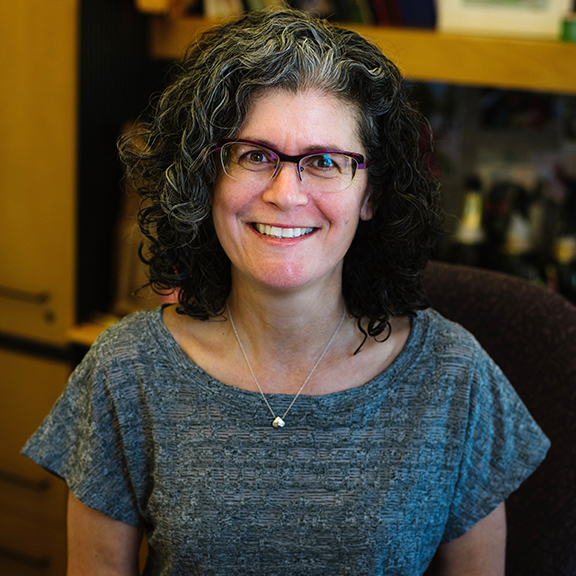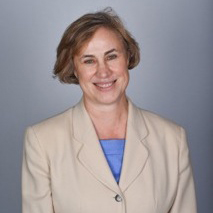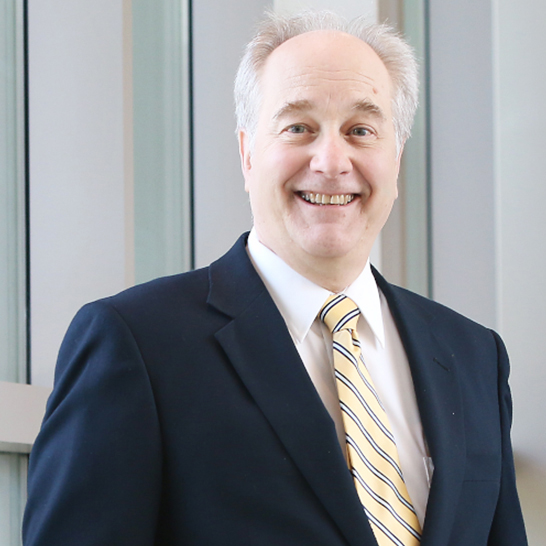How a bacterium helps dengue virus replicate in the mosquito gut, and minicells as a damage disposal mechanism in E. coli.
Vincent, Michael and Elio note the passing of Stanley Falkow, give E. coli an archaeal membrane, and show how the microbiome can make worms live longer.
Michael and Vincent present Spotlights, brief reviews of classic papers in the Journal of Bacteriology, and explain how a single bacterial species can reverse autism-like social deficits in the offspring of obese mice.
The TWiMers get together at ASM Microbe 2016 in Boston to speak with David and Vanessa to talk about their work on regulation of bacterial virulence in the gut by bacterial adrenergic sensors, and the physiological mechanisms that make us ill and that help us recover.
The microbiome of hibernating bears, and zebrafish as a model for bacterial sepsis feature in this animal-centric episode of TWiM hosted by Vincent, Michael, and Michele.
Vincent, Elio, and Michele meet with Harry Mobley, Mary O’Riordan, and Vince Young at the University of Michigan, during the designation of the Department of Microbiology and Immunology as a Milestones in Microbiology site. They discuss how the laboratory has advanced the science and teaching of microbiology, and discuss faculty work on uropathogenic E. coli, induction of stress by bacterial infection, and the gut microbiome.
The TWiM cohort discusses the use of antimicrobial peptides to target specific bacteria in the microbiome, and how the intracellular bacterium Wolbachia selectively kills male hosts.
Vincent and Michael discuss the highly diverse microbiome of uncontacted Amerindians, and how the composition of human urine plays a role in the battle for iron. Right click to download TWiM#107 (44 MB .mp3, 91 minutes). Subscribe…
The TWiM team discusses evidence that serotonin synthesis is regulated by spore-forming members of the gut microbiota.
Vincent meets up with Stan Maloy on the campus of San Diego State University to talk about his career in microbiology and his work as Dean of Sciences.




